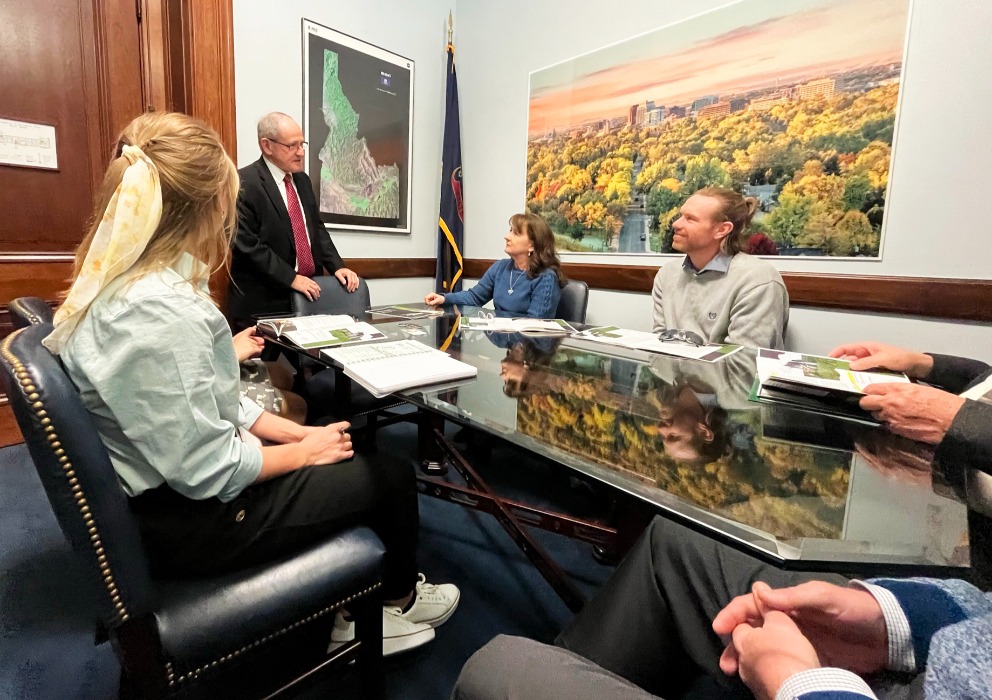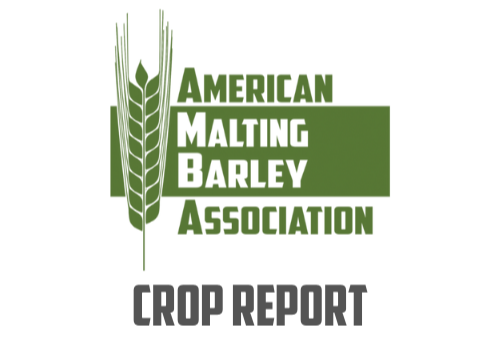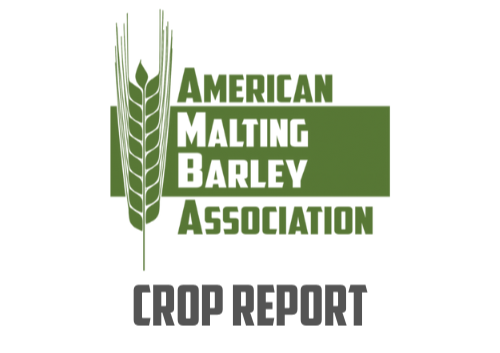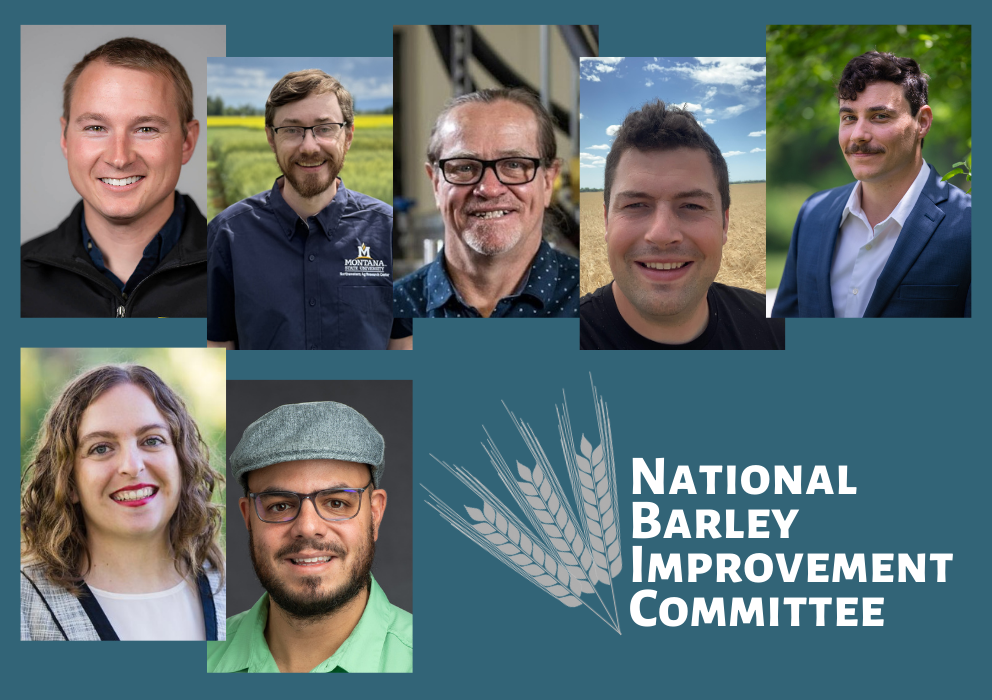
National Barley Improvement Committee sets 2024 legislative priorities
Barley is primarily a public sector crop in the U.S., with most research and development occurring at state universities and USDA-Agricultural Research Service (ARS) facilities. Public sector investment in barley research is so vital due to the crop’s limited acreage, which does not attract private sector investment as other crops do. The National Barley Improvement Committee (NBIC), which represents the U.S. barley community of growers, researchers, processors, users, and allied industries, has been very successful over the years in securing funding at the federal level to ensure barley remains a robust and competitive crop.
The NBIC has released their legislative priorities for 2024, focusing their work on a newly established effort, the Resilient Barley Initiative (RBI). The RBI strengthens research capacity and collaboration to address increased resiliency of the barley crop through improved genetics and management. Abiotic stressors are dramatically impacting the yield and quality of the barley crop leading to disruptions in supply, resulting in imported barley. The RBI will deliver outcomes that will lower risk and increase profitability to growers and high-value end-user industries. A special focus will be placed on the development of new winter barley varieties and management strategies to encourage adoption of this highly productive crop that can deliver great environmental benefit while enhancing profitability for farmers. The RBI is a multi-disciplinary and multi-institutional collaborative research project of Agricultural Research Service (ARS) intramural and extramural university programs, involving scientists across fifteen+ states. The initiative seeks to establish $8 million in new annual funding.
Additionally, the NBIC will seek to grow investment for the Barley Pest Initiative (BPI), which strengthens research capacity to address over twenty major insect, viral, bacterial, and fungal threats to the production of high-quality barley - improving returns to growers and meeting the needs of domestic and export end-users. The BPI is directed to develop management and genetic resistance strategies to mitigate or eliminate the economic impact of these major barley pests, keeping barley a viable option for U.S. growers, and enhancing value-added job generating enterprises in the U.S. This initiative also leverages a diverse team of researchers from ARS and university programs and is currently funded at $3 million annually with $4 million included in draft House and Senate FY24 budgets. The ultimate goal is to raise that annual funding level to $5.3 million to fully carry out the mission of the BPI.
Additional legislative priorities that will be addressed by NBIC include sustained support for very successful previous initiatives; including the U.S. Wheat and Barley Scab Initiative and the Small Grains Genomic Initiative, both of which reached their targeted annual appropriations levels in FY20. Furthermore, NBIC will be calling on Congress to make additional budget increases needed to sustain work throughout the USDA that impacts barley, including the National Agricultural Statistics Service, the Economic Research Service, and the National Institute of Food and Agriculture.
The NBIC will be sharing these priorities with key congressional members throughout their annual fly-in March 4-6, 2024. To learn more about the Committee and additional details on their legislative priorities, visit the American Malting Barley Association website of whom provides organizational support for NBIC.





.png)



